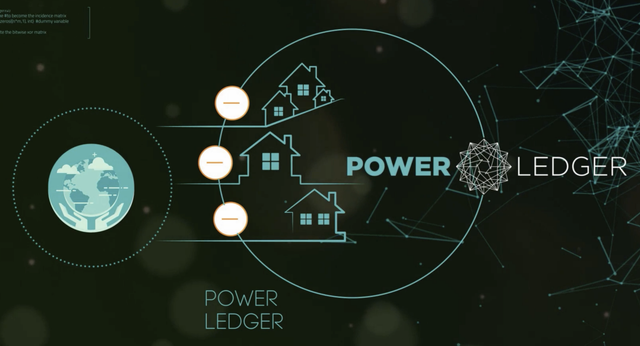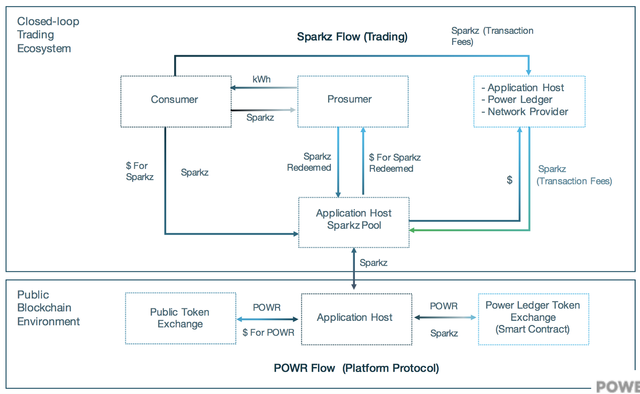Why PowerLedger Deserves to be a Top 10 Coin
Why PowerLedger Deserves to be a Top 10 Coin
Finally, a DApp that will change the world.

For those that haven’t heard, Power Ledger is decentralized energy-sharing. Electricity producers (such as solar-panel owners) can sell extra electricity to their neighbors and community in coordination with the power grid. This can create a real electricity marketplace, significantly reduce the price, facilitate cost-effective access to green energy, as well as reduce the overall carbon footprint. Let’s explore the main reasons why Power Ledger’s unique use cases and market disruption deserve your attention:

Power Ledger Solves a Real-World Problem
Tired of those expensive electric bills? Listen up!
Today, the energy market is as centralized as it gets. ConEd-type monopolies decide where and when to build power capacity, decide how to bridge the distance between generators and loads, and most importantly, they decide the price and product of electricity.
Australia has some of the highest power prices in the world, reaching 26 cents per kW/h (The U.S. average is 12, still high) due to the rising cost of natural gas. Additionally, the region has the ideal environmental conditions for solar panels, primarily lots of sun. It is no surprise then that Elon Musk tests many of his prototypes, including the famed Tesla solar roof, in Australia. Nature and market needs make Australia and southeast Asia primary candidates for an energy revolution. This is what makes Power Ledger’s strategic positioning there important. The market has responded: 20% of Australian rooftops now carry solar panels.
Energy Consumers need access to cheaper and greener power.
Energy Producers need a more profitable way to sell their excess power (because currently their only customer is the stingy energy provider).
Energy Providers need a long term plan for incentivizing customers to remain on the grid in order to keep it cost-effective.
This is all being solved by Power Ledger. Co-Founder Jemma Green claims that so far, implementations of their Peer-to-Peer network have saved energy consumers $700 on their yearly electric bill and earned solar panel owners double the savings they normally get from solar power.
The Token Economics Make Sense
The Power Ledger Platform is a trustless and transparent energy trading platform built to support Citizen Utilities. These are participants who generate, consume, and transact electricity energy applications. There are two tokens that run this platform: Sparkz and the Power Ledger Token (POWR).
Sparkz is a frictionless trading token that is used to buy and sell the kW/h of electricity smoothly. It is created for a specific deal, pegged to the local currency upon creation, and destroyed upon redemption for fiat or POWR. POWR is the utility token purchased and licensed by energy producers to fuel the Power Ledger Ecosystem, running smart contracts that broker trades, distribute power, create Sparkz, and more. Sparkz are currently purchased and redeemed using fiat currencies with individual trading platforms hosting closed-loop exchanges for energy and Sparkz.

Additionally, Asset Germination Events can be created to crowdsale autonomous renewable energy assets (solar panels, batteries, windmills, etc.) and allocate energy, income, and ownership to participants. This concept resembles other fundraising DApps, but has serious use cases. Renewable energy is unaffordable to most on their own, but now a community can invest in the infrastructure proportionally and benefit from it proportionally. For example, Power Ledger has developed P2P technology to efficiently power an apartment building with shared solar panels. If several apartment owners want to use renewable energy, they can split the costs of the solar panels, split the energy, and sell the electricity to other apartments in the building while splitting the profits, all proportionate to what was raised by who, all processed by the Platform Protocol.
This token model adds real value to the community’s ecosystem and produces a utility that centralization failed to efficiently provide. Decentralized Applications are great for micro-transactions, and Power Ledger makes this feasible in the energy industry for the first time.
you need sdb you need up vote my last blog cest super vous verez